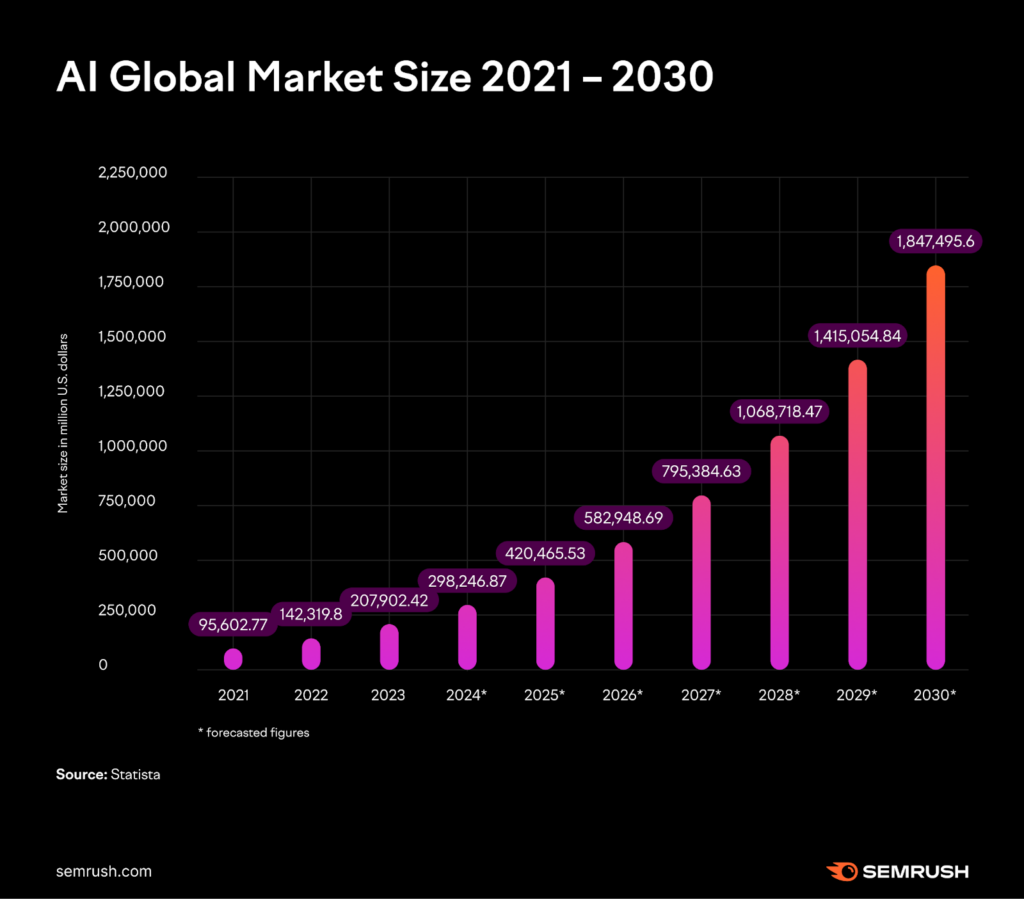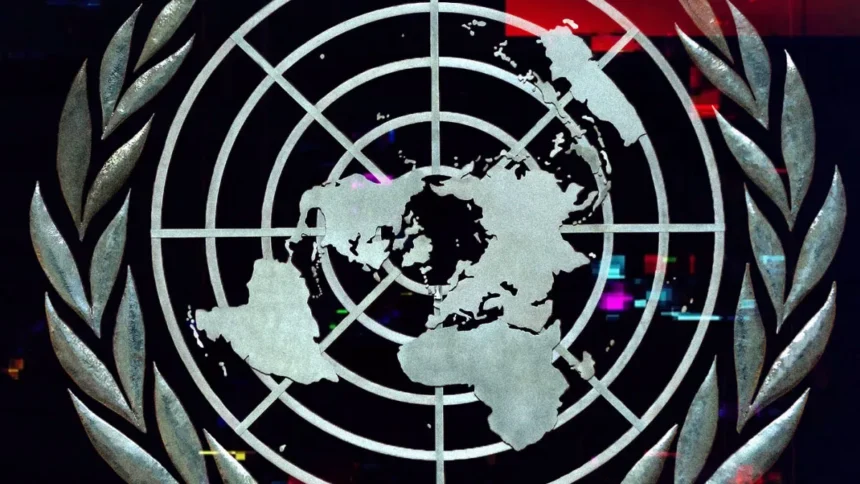The United Nations (UN) has called for global action on artificial intelligence (AI), comparing its importance to the fight against climate change. In a recently published report, the UN emphasized the need for an international approach to managing AI’s risks and benefits. As AI technology continues to evolve rapidly, experts are urging governments to address its impacts with the same urgency that they apply to global environmental issues.
What’s Happening & Why This Matters
A Global Effort to Govern AI
The UN’s High-Level Advisory Body on AI released a report recommending the creation of a global organization to monitor and regulate artificial intelligence. The goal is to establish a framework similar to the Intergovernmental Panel on Climate Change, which provides regular updates on the status and challenges of climate science. According to the report, the rapid advancement of AI poses risks that need immediate attention, such as privacy concerns, algorithmic bias, job displacement, and the spread of misinformation.
The report highlights the need for a new policy dialogue among the UN’s 193 member states to address the global implications of AI. It also stresses the importance of including poorer nations, especially those in the Global South, in this conversation. The UN proposes setting up an AI fund, creating global standards, and developing data-sharing systems to ensure that all countries can benefit from AI’s potential while mitigating its risks.
One of the key recommendations is the establishment of a dedicated AI office within the UN. This office would coordinate global efforts, working with various countries and organizations to build a more cohesive strategy for AI governance. Alondra Nelson, a member of the advisory body, emphasized the urgency of the situation: “AI has both risks and opportunities, and we must work together globally to address them.”
The Fast Growth of AI and its Risks
AI’s ability to transform industries and economies has sparked both excitement and concern. Technologies like large language models and chatbots have demonstrated impressive capabilities, but experts warn that AI is developing too quickly for society to manage its consequences. One major fear is that AI could be used to automate disinformation, create deepfakes, or amplify existing societal biases on a massive scale.
Governments and policymakers are racing to regulate AI, but progress has been uneven. The United States and China, in particular, are both competing for dominance in AI development. While they have made some agreements on the need for AI safety, they differ on the specifics of how AI should be controlled, particularly regarding privacy and data protection.

The European Union has introduced strict regulations governing the use of AI, leading some U.S. companies to limit their product offerings in Europe due to the high compliance costs. Meanwhile, California is working on its own AI laws, though the tech industry has pushed back, arguing that the regulations are too burdensome.
Globally, the rapid pace of AI development has outstripped the ability of any one organization or country to manage it alone. This is why the UN’s report calls for international cooperation, pooling resources and knowledge to address the challenges AI poses.

Building Trust and Ensuring Human Rights
The UN report emphasizes that any global AI governance framework must be rooted in human rights. By focusing on how AI affects individuals and societies, the UN hopes to provide a clear set of standards that all member nations can adopt. This approach could help ensure that AI technologies are developed and used in ways that respect people’s privacy, security, and freedom.
According to Chris Russell, a professor at Oxford University, anchoring the AI debate in human rights gives it a strong basis in international law. He believes that international collaboration is key to avoiding duplication of efforts and ensuring that AI benefits society as a whole, rather than just a few powerful countries or corporations.
TF Summary: What’s Next?
The UN’s call for global AI regulation is a clear sign that the international community recognizes the growing importance of AI governance. The global organization’s next steps involve building consensus among member states and implementing the recommendations from the report. As AI scales globally, balancing innovation with regulation will be essential to ensuring that its benefits are shared globally while minimizing potential harms. The urgency of this issue, as emphasized by the UN, puts AI governance on par with the critical efforts to combat climate change.


